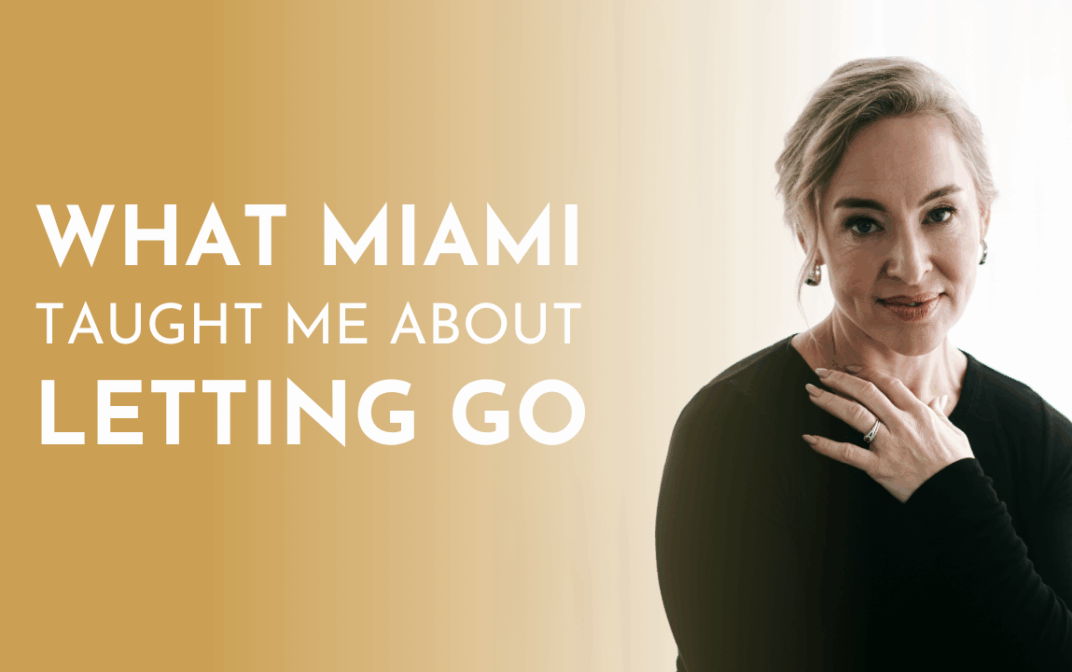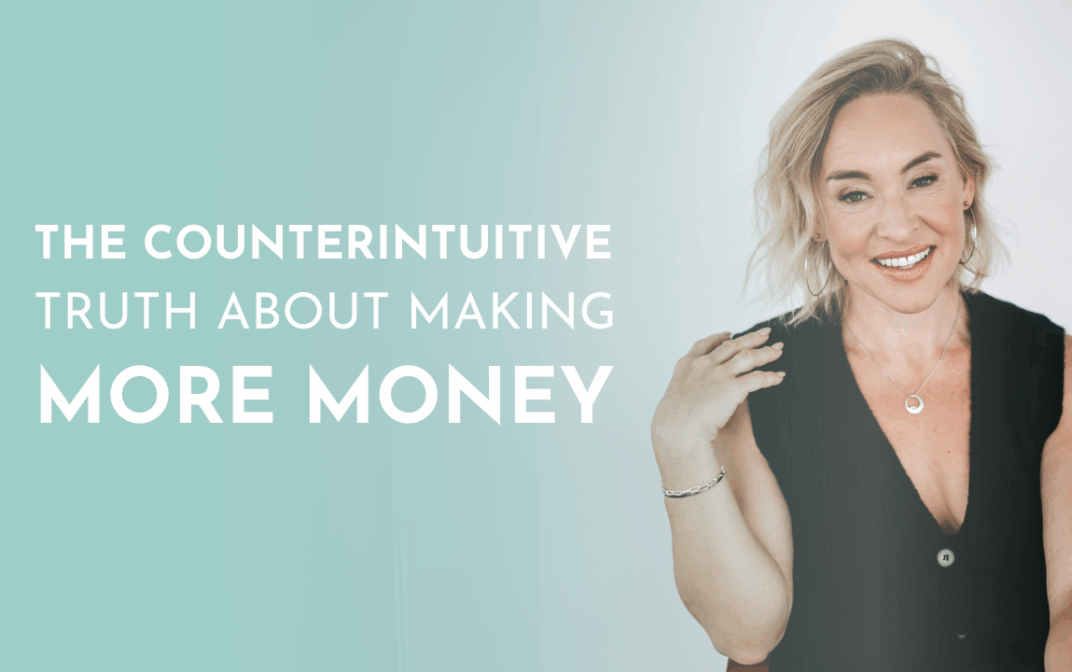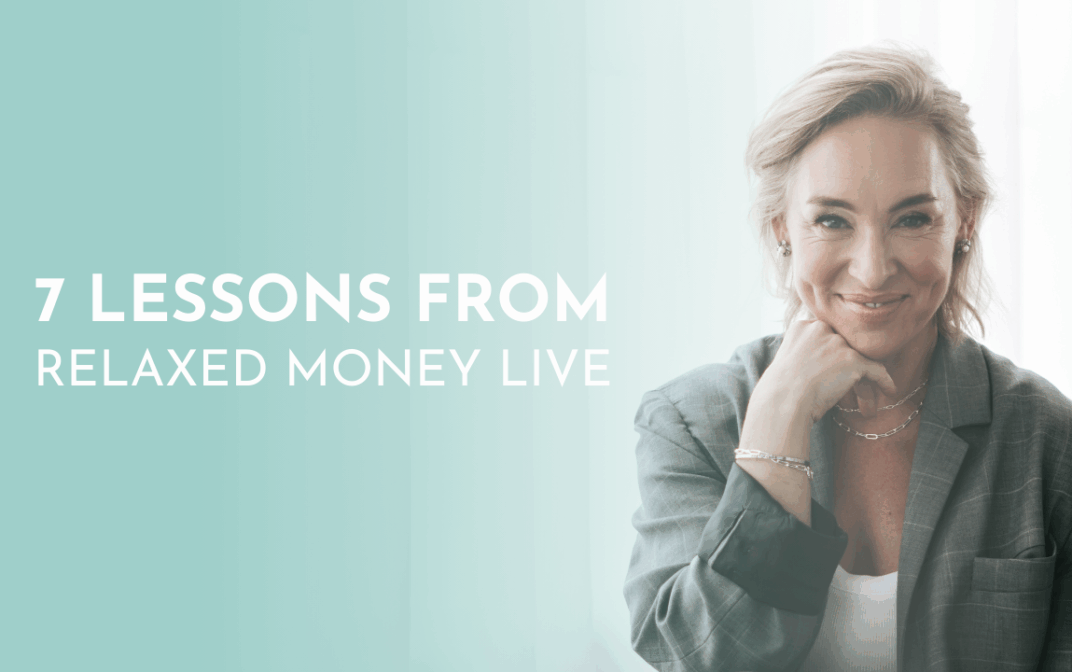Hey there,
Did you have something that you didn’t want your friends to know about growing up? Or maybe them knowing about it was inevitable, but it made you cringe?
Mine was the giant, overflowing, non-maintained compost heap in the center of our circular driveway.
It was quite the front yard centerpiece.
Rather than put the compost tastefully off to the side of the yard where it could decompose in peace, my parents had it right up front in all its steaming, rotting food glory.
The neighborhood dogs were always sniffing around to see what tempting morsels we had recently dumped from our kitchen and half rotten food was always getting frozen in the Maine wintery mix that encrusted our yard from late October to late April.
It was embarrassing, to say the least.
We were totally not composting correctly. That shi*t needs to be turned, oxygenated, and tended.
But you know what? I have to hand it to my parents because their participation in doing something good for the planet was more important to them than what their yard looked like.
(It could be argued that one can have a beautiful yard while composting, but with limited capacity and mom or dad either up all night at the hospital or on a call, my folks made a choice and that choice was clear.)
But beyond the embarrassment, I’m actually grateful compost played such a central role in my front yard growing up because the metaphor of it has informed so much of how I manage my energy.
(I also solidified my relationship with one of my best friends while composting when we were 16. Compost and I go way back.)
We all have so much to learn from compost with optimizing our resources and alchemizing our waste (literally and metaphorically.)
In honor of Earth Month, I wanted to dive into the compost together to teach you:
- A revolutionary way of thinking about your time and energy (using compost as a metaphor) that will shift your relationship with failure forever.
- A super simple thing we can all be doing to reduce landfill waste by 28% and have the same impact on the environment as if we took 7.8 million cars off the road.
Ready to reduce wasted time, energy, and organic matter?
Let’s start with time and energy.
In our linear, goal-oriented work culture, a lot of us have an understandable, yet not at all helpful, tendency to see any action taken that didn’t turn into the result we anticipated as a waste or a failure.
A relationship that went down the tubes? Failure.
A project that we invested 9 months in and then needed to can? A waste.
When the documentary Kiss the Ground came out the way, I think about time and energy as a business owner shifted significantly.
The film is about regenerative farming and it’s required viewing if you’re human and want to have a planet to live on or for your kids or grandkids to live on beyond 80 years from now.
(We’ll get the planet part next.)
After learning how powerful composting is for our soil, I realized that, metaphorically speaking, there’s no such thing as waste.
As Einstein said:
Energy can neither be created or destroyed.
When we look at the way we work from a “regenerative” lens (like we did last year during a program I ran called Regenerative Business) we find relief in the realization that there’s no such thing as wasted time or wasted energy.
It’s all available to be alchemized into fertilizer for even richer soil for fresh growth if we compost it instead of just throw it out!
Try this energetic composting exercise real quick:
- Think about something you put some time and energy into in the last year that didn’t turn out the way you thought it would or that you didn’t complete because you turned your attention elsewhere.
- Make a list of lessons, resources, connections, insights, or anything else of value that you received from the time and energy you invested in the project that wasn’t finished or didn’t turn out as expected.
- Look at what you’re working on right now and how what you gained from the project you identified in step 2 has made your current reality more fertile.
When we stop beating ourselves up for what we consider failures and instead see it all as compost, the soil of our creativity and productivity gets a lot more fertile!
Now, over to the planet and literal composting.
This is a PSA on behalf of Mother Earth.
Watch Kiss the Ground ASAP. Watch it with your kids if you have them.
You’ll learn that one of the most important things we can do to interrupt and reverse our harmful treatment of the planet is to change what we do with our food scraps.
It’s so easy and it really matters.
If organic waste weren’t in the picture, landfill waste would go down by 28% and the positive impact would be the same as taking 7.8 million cars off the road! It’s way easier to compost your food scraps (and landscaping waste) than it is to stop driving a car.
Plus, when we improve the quality of our soil through composting, it increases its capacity to draw down carbon significantly.
Where I’m from in Maine, there’s a great company who comes to pick up your compost every week and drops off a clean bin for only $20 a month. Some cities actually pick up compost as part of waste removal along with the landfill trash and recycling.
And even if you don’t live in a city that makes it easy like that, you can be like my sister and put in the extra effort to gather it all week (you can even put it in your freezer) and then drop it once a week at the farmer’s market in your city. (She used to take the train from Brooklyn to the Union Square Farmer’s Market with her bags of compost like the Earth Warrior Goddess Rockstar that she is!)
Full disclosure: We haven’t been composting since we moved to Miami because [INSERT LITANY OF EXCUSES HERE.]
But I sure as heck am not gonna send you a whole email about composting and not do it myself.
So, will you join me in committing to compost this month? Both literally and energetically?
Even if the best you can do is an unsightly heap of rotting food that the neighborhood dogs sniff at every day in your front yard.
When it comes to conserving our energy and caring for our planet, doing something is always better than doing nothing.
Thanks for coming to my mini-sermon on compost. May you never see decomposing food the same.
Love,
Kate






0 comments